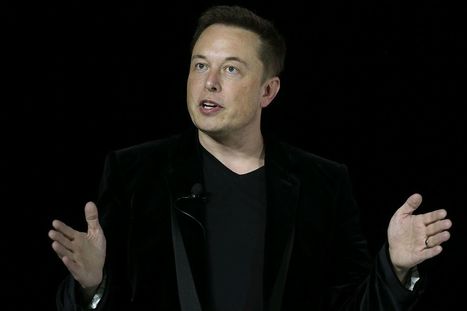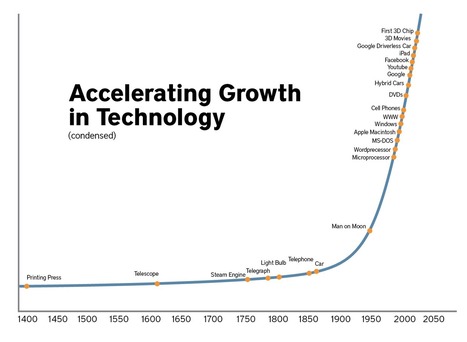SpaceX and Tesla CEO Elon Musk is backing a brain-computer interface venture called Neuralink, according to The Wall Street Journal. The company, which is still in the earliest stages of existence and has no public presence whatsoever, is centered on creating devices that can be implanted in the human brain, with the eventual purpose of helping human beings merge with software and keep pace with advancements in artificial intelligence. These enhancements could improve memory or allow for more direct interfacing with computing devices.
Musk has hinted at the existence of Neuralink a few times over the last six months or so. More recently, Musk told a crowd in Dubai, “Over time I think we will probably see a closer merger of biological intelligence and digital intelligence.” He added that “it's mostly about the bandwidth, the speed of the connection between your brain and the digital version of yourself, particularly output." On Twitter, Musk has responded to inquiring fans about his progress on a so-called “neural lace,” which is sci-fi shorthand for a brain-computer interface humans could use to improve themselves.
These types of brain-computer interfaces exist today only in science fiction. In the medical realm, electrode arrays and other implants have been used to help ameliorate the effects of Parkinson’s, epilepsy, and other neurodegenerative diseases. However, very few people on the planet have complex implants placed inside their skulls, while the number of patients with very basic stimulating devices number only in the tens of thousands. This is partly because it is incredibly dangerous and invasive to operate on the human brain, and only those who have exhausted every other medical option choose to undergo such surgery as a last resort.
This has not stopped a surge in Silicon Valley interest from tech industry futurists who are interested in accelerating the advancement of these types of far-off ideas. Kernel, a startup created by Braintree co-founder Bryan Johnson, is also trying to enhance human cognition. With more than $100 million of Johnson’s own money — the entrepreneur sold Braintree to PayPal for around $800 million in 2013 — Kernel and its growing team of neuroscientists and software engineers are working toward reversing the effects of neurodegenerative diseases and, eventually, making our brains faster and smarter and more wired.

|
Scooped by
Philippe J DEWOST
March 28, 2017 6:55 AM
|
No comment yet.
Sign up to comment



 Your new post is loading...
Your new post is loading...








We are getting closer, totally unprepared : individuals, philosophers, society and even worse, politicians and policy makers are dramatically lagging behind, showing very limited interest, attention and focus...